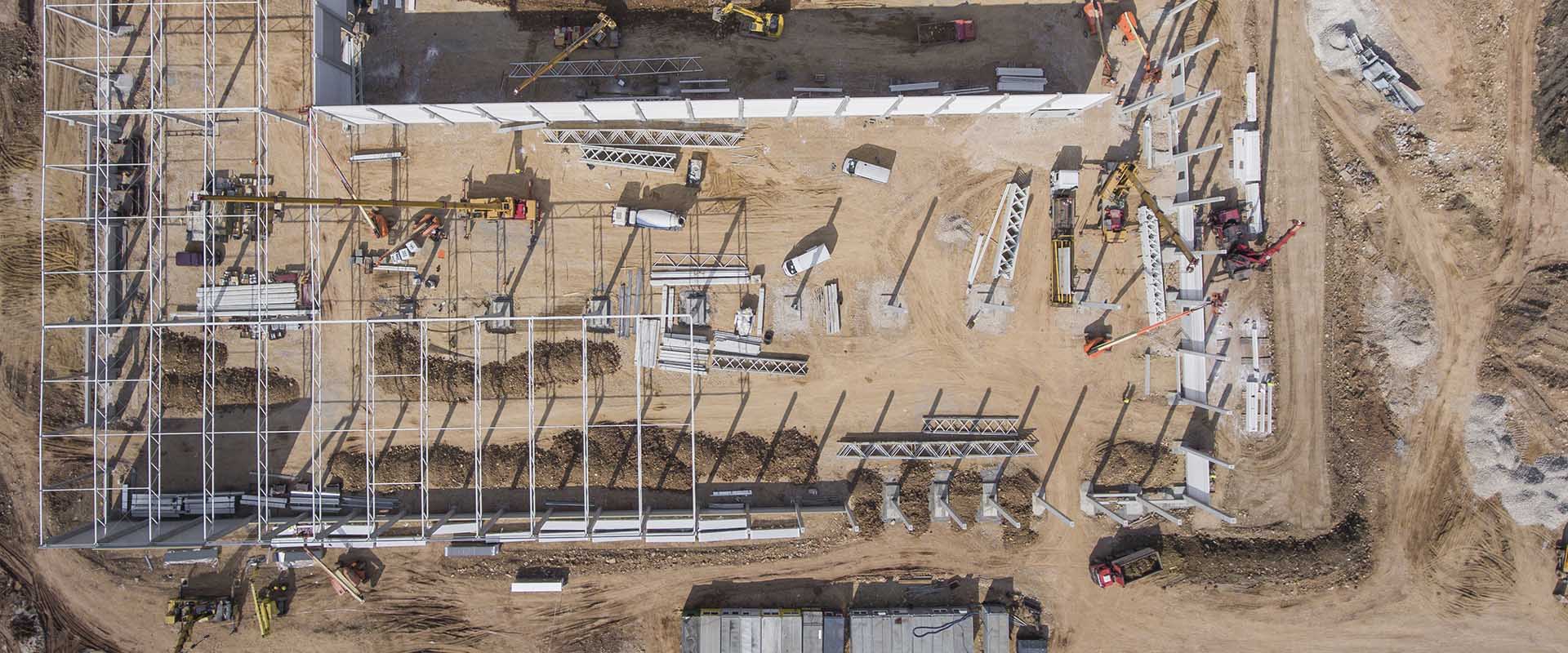New Laws Will Impact Public Work Projects

November 2019
Number 65
Governor Gavin Newsom has signed two laws that will impact public works contracts in California. Assembly Bill (AB) 456 extends the operative date for the current contractor claims resolution process to January 1, 2027. AB 1768 expands the definition of "public works" for purposes of paying prevailing wage, regulating working hours, and securing worker's compensation.
AB 456
The law as currently stated in Public Contract Code section 9204 prescribes a claims resolution process for any claim by a contractor in connection with a contract for a public works project entered into on or after January 1, 2017.
Under existing law, such a claim is defined as a separate demand by the contractor for one or more of the following:
The law requiring this claims resolution process was set to expire January 1, 2020. AB 456 extended the sunset date to January 1, 2027.
AB 1768
This bill specifies that preconstruction and postconstruction work fall within the definition of "public works" and, consistent with existing law, employees conducting such work must be compensated no less than the general prevailing rate of per diem wages as determined by the Director of Industrial Relations. This definition of "public works" is only for purposes of the Labor Code and prevailing wages.
Previously, "public works" included construction, alteration, demolition, installation or repair work done under contract and paid in whole or in part with public funds. Now, the definition of "construction" under Labor Code section 1720 has been expanded to specifically include work performed during the design, site assessment, feasibility study, and other preconstruction phases of construction, including but not limited to, inspection and land surveying work and work performed during the postconstruction phases of construction, including but not limited to all cleanup work at the jobsite. Furthermore, preconstruction work is considered "construction" regardless of whether any actual construction work is done at that phase. What this means is the scope of work covered by existing prevailing wage laws has grown.
Any willful violation of prevailing wage law is a misdemeanor, and because AB 1768 expands the application of an existing crime, it also imposes a state-mandated local program.
Takeaways
Public entities should be mindful that prevailing wage rights have been extended to all employees conducting pre and postconstruction services on public works projects. This may entail additional cost in contracts for those services. Public entities should also ensure that their contracts for construction include appropriate language regarding the claims resolution process.
If you have any questions about AB 456 or AB 1768, or public works projects in general, please contact the authors of this Client News Brief or an attorney at one of our eight offices located statewide. You can also subscribe to our podcast, follow us on Facebook, Twitter, andLinkedIn or download our mobile app.
Number 65
Governor Gavin Newsom has signed two laws that will impact public works contracts in California. Assembly Bill (AB) 456 extends the operative date for the current contractor claims resolution process to January 1, 2027. AB 1768 expands the definition of "public works" for purposes of paying prevailing wage, regulating working hours, and securing worker's compensation.
AB 456
The law as currently stated in Public Contract Code section 9204 prescribes a claims resolution process for any claim by a contractor in connection with a contract for a public works project entered into on or after January 1, 2017.
Under existing law, such a claim is defined as a separate demand by the contractor for one or more of the following:
- A time extension for relief from damages or penalties for delay;
- Payment of money or damages arising from the work done pursuant to the contract for a public work; or
- Payment of an amount disputed by the public entity.
The law requiring this claims resolution process was set to expire January 1, 2020. AB 456 extended the sunset date to January 1, 2027.
AB 1768
This bill specifies that preconstruction and postconstruction work fall within the definition of "public works" and, consistent with existing law, employees conducting such work must be compensated no less than the general prevailing rate of per diem wages as determined by the Director of Industrial Relations. This definition of "public works" is only for purposes of the Labor Code and prevailing wages.
Previously, "public works" included construction, alteration, demolition, installation or repair work done under contract and paid in whole or in part with public funds. Now, the definition of "construction" under Labor Code section 1720 has been expanded to specifically include work performed during the design, site assessment, feasibility study, and other preconstruction phases of construction, including but not limited to, inspection and land surveying work and work performed during the postconstruction phases of construction, including but not limited to all cleanup work at the jobsite. Furthermore, preconstruction work is considered "construction" regardless of whether any actual construction work is done at that phase. What this means is the scope of work covered by existing prevailing wage laws has grown.
Any willful violation of prevailing wage law is a misdemeanor, and because AB 1768 expands the application of an existing crime, it also imposes a state-mandated local program.
Takeaways
Public entities should be mindful that prevailing wage rights have been extended to all employees conducting pre and postconstruction services on public works projects. This may entail additional cost in contracts for those services. Public entities should also ensure that their contracts for construction include appropriate language regarding the claims resolution process.
If you have any questions about AB 456 or AB 1768, or public works projects in general, please contact the authors of this Client News Brief or an attorney at one of our eight offices located statewide. You can also subscribe to our podcast, follow us on Facebook, Twitter, andLinkedIn or download our mobile app.
Disclaimer: As the information contained herein is necessarily general, its application to a particular set of facts and circumstances may vary. For this reason, this News Brief does not constitute legal advice. We recommend that you consult with your counsel prior to acting on the information contained herein.






